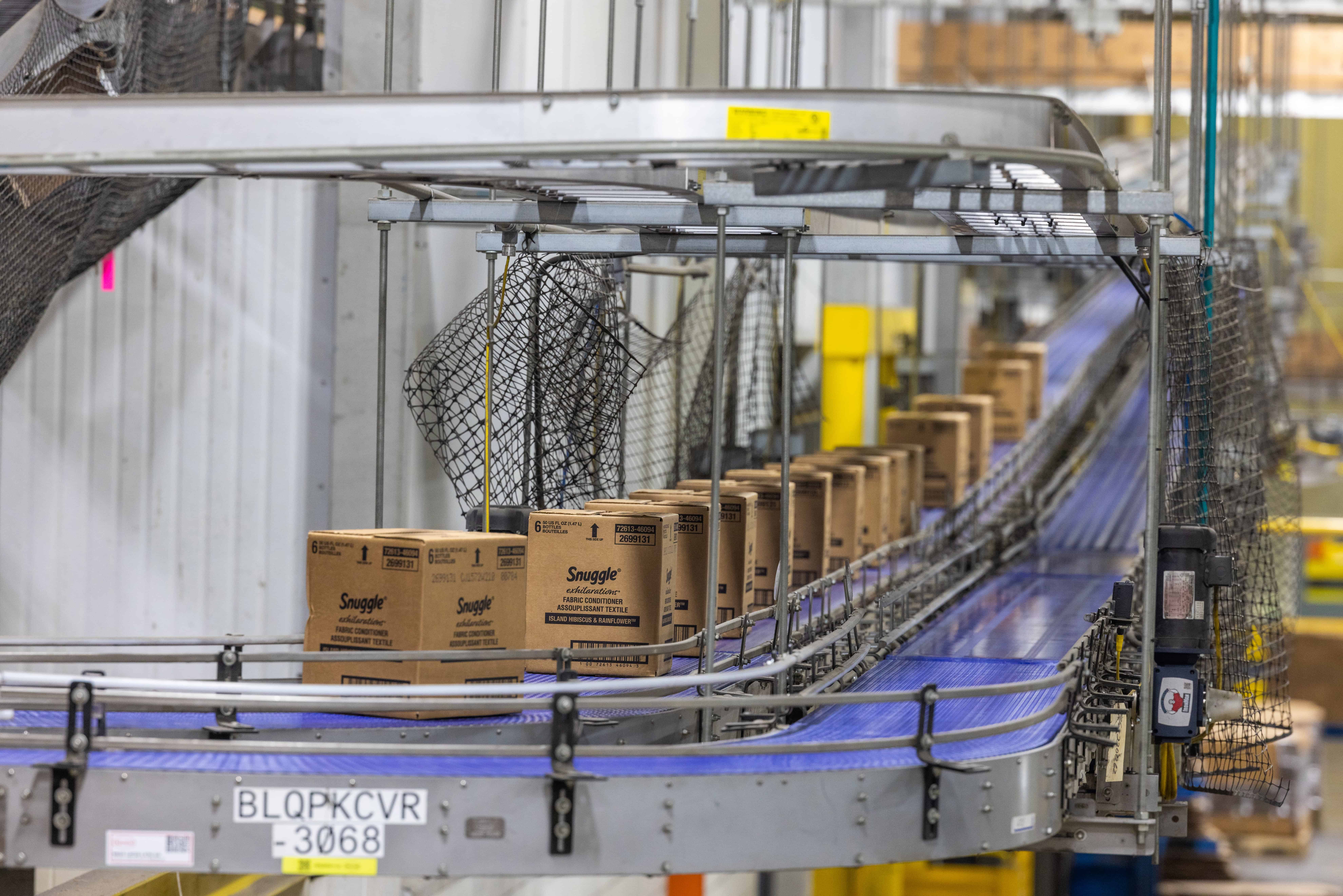Henkel, a global leader in adhesives and consumer brands, has made significant strides in reducing its carbon footprint through a combination of innovative strategies and dedicated efforts. The company’s commitment to sustainability is evident in its approach to energy consumption, product formulation, waste management, and overall business practices.
One of the key factors contributing to Henkel’s success in reducing its carbon footprint is its focus on renewable energy sources. By converting 19 of its worldwide facilities to run on renewable electricity, including wind and solar power, Henkel has significantly decreased its reliance on fossil fuels. Additionally, the company has entered into virtual power purchase agreements to further support the use of renewable energy and reduce its environmental impact.
In addition to transitioning to renewable energy sources, Henkel has also prioritized energy efficiency within its operations. By hiring energy-efficiency consultants to assess its most energy-intensive plants, the company has been able to identify areas where resource use and waste can be reduced. This proactive approach has not only helped Henkel decrease its carbon footprint but has also led to cost savings and improved operational efficiency.
Henkel’s commitment to sustainability extends beyond energy consumption to product formulation and packaging. The company maintains a formulation database of over 200,000 products, allowing it to assess the sustainability of each formula and make informed decisions to minimize its environmental impact. For example, Henkel recently reformulated its Dial body washes to use bottles made from 100% recycled plastic, demonstrating its dedication to reducing waste and promoting a circular economy.
Furthermore, Henkel is actively working towards its goal of sending zero waste to landfills by 2030. Through partnerships with local waste management companies, the company has implemented recycling and reuse programs at its facilities, diverting waste from landfills and promoting a more sustainable approach to waste management.
Overall, Henkel’s sustainability initiatives are driven by a strong belief in the importance of prioritizing environmental responsibility as a business imperative. By reducing its carbon footprint, implementing energy-efficient practices, and promoting sustainable product development, Henkel is not only benefiting the environment but also creating value for its customers and stakeholders. As the company continues to lead by example in sustainability, it is setting a positive precedent for the business community and demonstrating the potential for collaborative action to address global environmental challenges.

